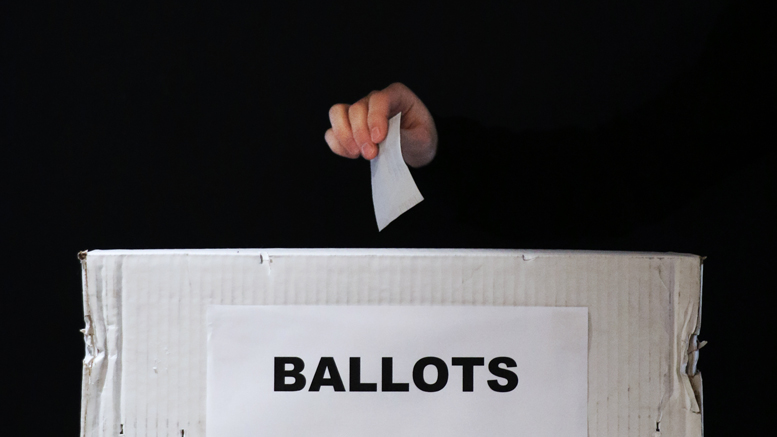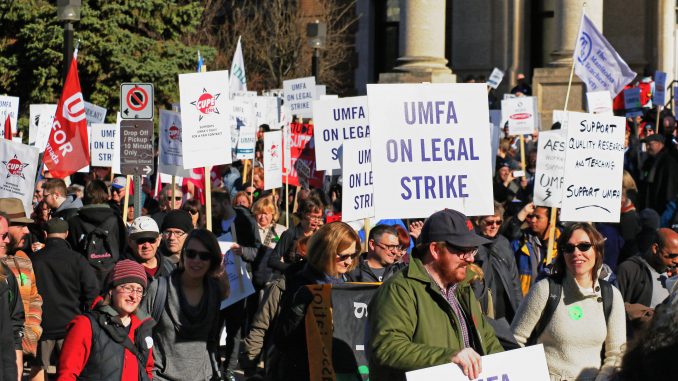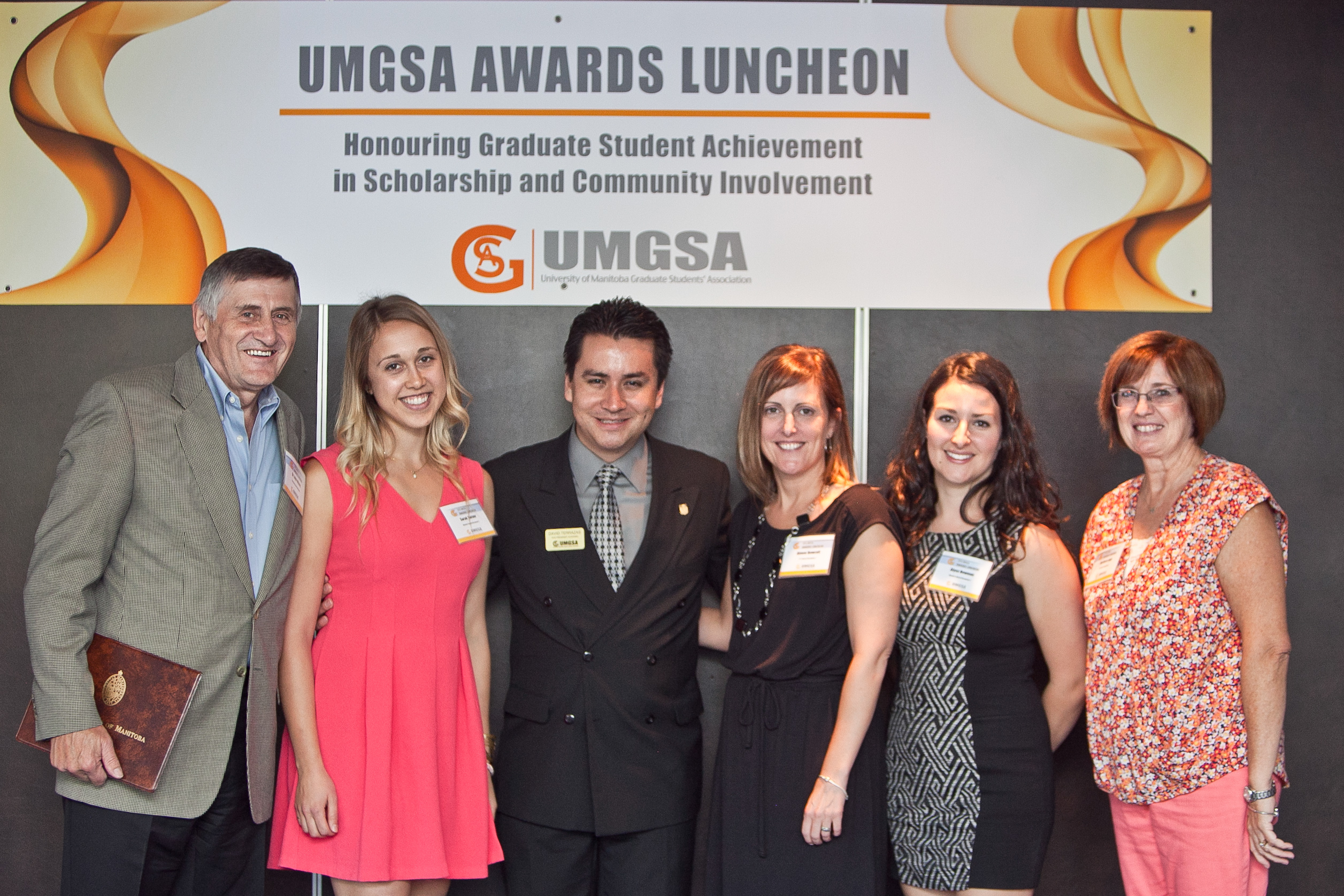The U of M Graduate Student Association (UMGSA) is holding a referendum on whether or not to increase UMGSA fees based on inflation.
The question will be phrased “Do you support having the fees collected on behalf of the UMGSA indexed to inflation?” The official campaigning period started Monday.
The decision comes after UMSU voted to index its fees to inflation rates in 2015.
UMGSA president Carl Neumann said rather than a response to the UMSU vote, the decision to bring forward a referendum was the result of increasing financial pressure.
“We also can no longer provide all of our events and excursions entirely free to grad students as had been done in the past, and we now need participating students to pay a portion of the costs in many cases,” he said.
“Crucially, we no longer have any funds available to support any new services or initiatives.”
UMGSA fees have remained at $84.87 for each fall and winter semester, and $5 for each summer semester, for over a decade.
Over the past 10 years, inflation in Canada has risen by an average of 1.565 per cent annually.
At an inflation rate of 1.565 per cent, graduate student fees would increase by approximately $2.74 for the 2019-20 academic year, spread between the fall, winter and summer semesters.
With less and less purchasing power each year, the organization is having difficulty with funding the services it provides for students, said Neumann.
These services include student advocacy, free use of their spaces and a variety of grants.
Neumann said despite a long-standing desire by the association to keep fees as low as possible, it had to be noted that technically grad students have been paying less every year because of inflation.
“Even before the UMGSA became fully independent of UMSU nearly a decade ago, UMGSA executives have always been very hesitant to support any measures that would lead to any increases to what graduate students pay in fees whatsoever,” he said.
“They maintained this stance despite repeated increases to the student organization fees paid by undergrads, and despite UMSU’s own move to tie their fees to inflationary cost increases. Though the desire to not increase what students pay while pursuing their studies is entirely understandable, the real value of these stagnant fees has steadily decreased simply due to price inflation, and grad students have been effectively paying less each year than they were the year before.”
Neumann said that while he hopes the referendum will pass, he is not “taking anything for granted.”
“We strongly believe that grad students will feel that this is reasonable and affordable, because it is in support of our services and grants for all graduate students,” he said.
“Though feedback has inevitably been mixed, a clear majority of those we’ve talked with have been in support of the indexation of our UMGSA fees to inflation.”
Neumann said should these changes not occur, further cuts to UMGSA services “seem nearly inevitable.”
“The UMGSA would be likely to have fewer events and excursions, and participating students are likely to be asked to pay an increasing proportion of the costs — more importantly, it is likely that conference grant funding could not be maintained at current levels, and even the funds provided by the UMGSA to departmental GSAs might have to be reduced as well,” he said.
“We certainly hope that any such cuts can be avoided.”
The referendum will take place online from Dec. 5 to 7. All graduate students registered at the U of M are eligible to vote.





